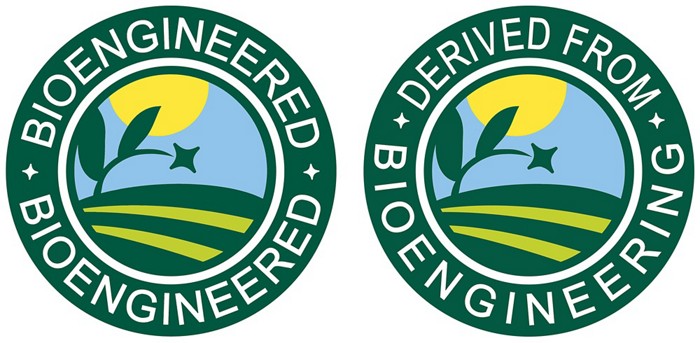Authored by Innovative Science Solutions, now part of Lumanity
In 2018, the United States Department of Agriculture (USDA) Agricultural Marketing Service (AMS) issued the National Bioengineered Food Disclosure Standard (USDA BE) that went into full effect on January 1, 2022.
The standard applies to retail entities who label food for retail sale, as well as food manufacturers and importers. The standard does not apply to restaurants or other similar organizations. As dietary supplements are covered under the definition of food in the standard, manufacturers and distributors of dietary supplements must also comply with the new regulation set forth by the USDA.
‘Bioengineered’ is defined as product that “contains genetic material that has been modified through in vitro recombinant deoxyribonucleic acid (DNA) techniques; and or which the modification could not otherwise be obtained through conventional breeding or found in nature’’ (7 U.S.C. 1639(1)). USDA sets out a list of bioengineered foods, containing globally recognized food ingredients that likely contain genetic material.
Bioengineered food labeling requirements
If your food or dietary supplement contains a bioengineered ingredient, then the following formats can be used for the required BE disclosure on the product label:
- The USDA bioengineered symbol, or
- A text disclosure stating product has bioengineered ingredients (ex: “Bioengineered food”), or
- A QR code with the following statement: “Scan here for more information” as well as “Call [phone number] for more information”. The link will include either the BE symbol or the text disclosure stated above.
In addition to the above requirement, you may also include a free automated text response sent immediately stating, “Text [command] to [phone number] for bioengineered food information.” Please note, text should not be used for promotional marketing materials. The BE disclosure should be prominently displayed on the front of the label or alternate panels where it is likely to be noticed by the consumer.
Exceptions to USDA bioengineering disclosure
The USDA list of bioengineered food is not exhaustive and therefore, all ingredients need to be reviewed. If these ingredients go through a refinement process leaving the genetic material undetectable, no bioengineered food disclosure is required.
You do not need to include the BE symbol on the label if you comply with any of the three requirements listed below:
- Records verifying the food is sourced from a non-BE crop or source,
- Records verifying the food has been subjected to a refinement process “validated” to make modified genetic material undetectable, or
- Testing records confirming the absence of modified genetic material.
The USDA BE states a few additional exceptions to preclude the BE symbol disclosure outlined below:
- If the bioengineered ingredient is less than 5% of the total product
- Refined foods that do not contain detectable modified genetic material (ex: refined sugar, vegetable oils, ethyl alcohol)
- Certified organic foods, incidental additives, pet food, animal feed, or any food derived from animals that are not considered bioengineered food. Please note, any organic ingredients must be certified per the National Organic Program standard to meet the exception.
Check Your compliance to USDA BE today
Any suspicions regarding the BE labeling of food or dietary supplements can be reported to AMS, who can then go on to decide further actions. The AMS will likely conduct an investigation or audit, the results of which will be publicly available on their website. Please note, while USDA does not impose any monetary fines, states are able to adopt the standard. Once adopted, the states can impose fines or penalties for violations of this regulation.
Applicable food retailers, manufacturers, distributors, and importers may want to review compliance with USDA BE alongside a team experienced with the standard. Our experts are skilled at verifying whether you need BE Disclosures on the label and can help you through the documentation review and possible label change process.
USDA BE went into effect on the first of this year, so contact us to verify your compliance.











